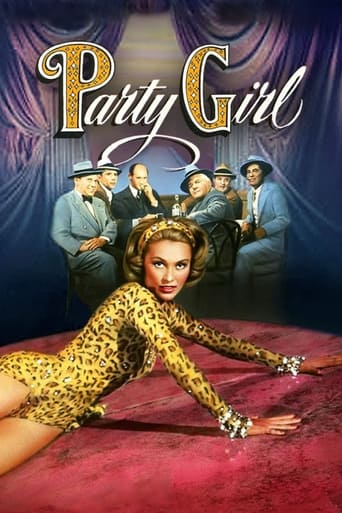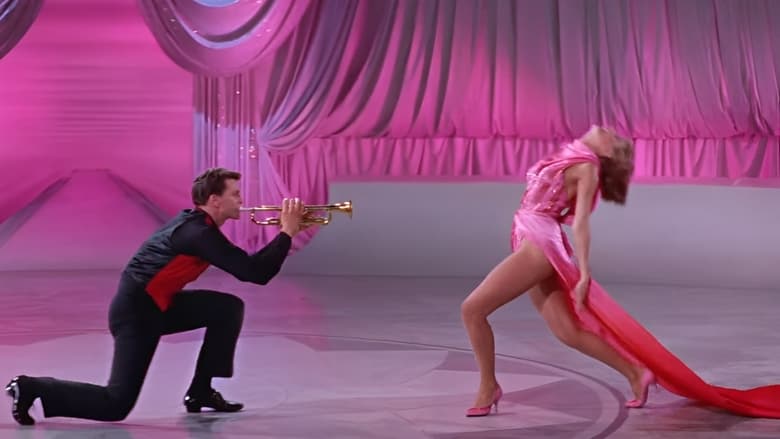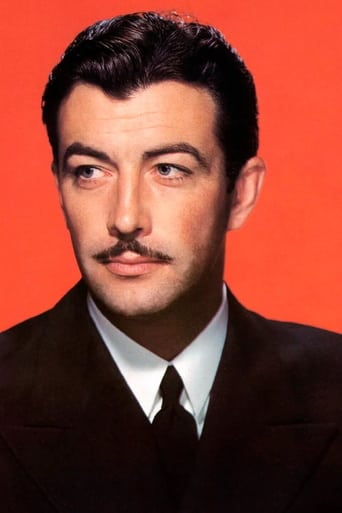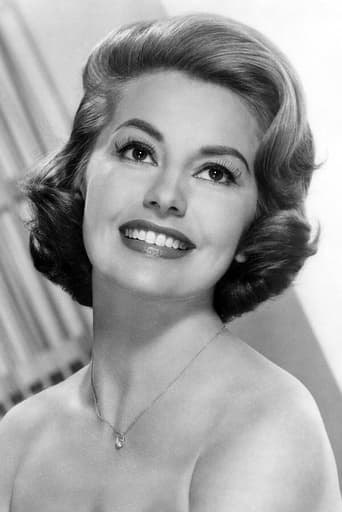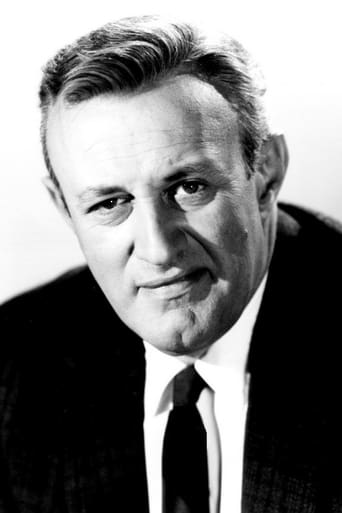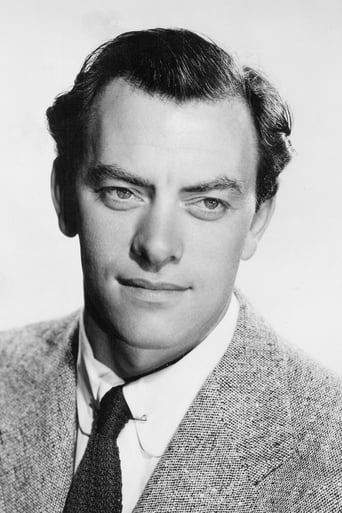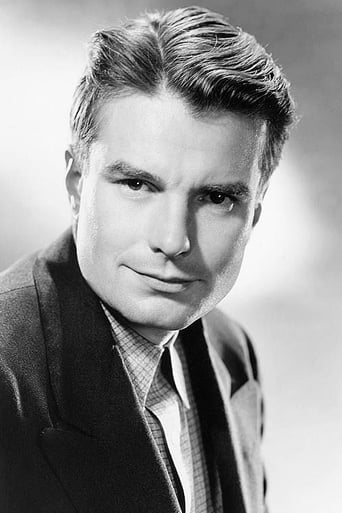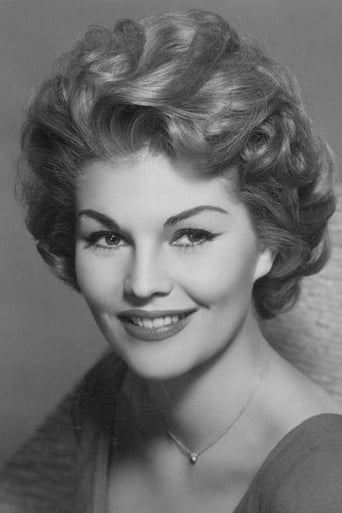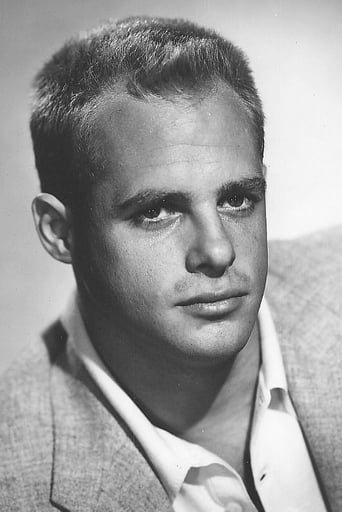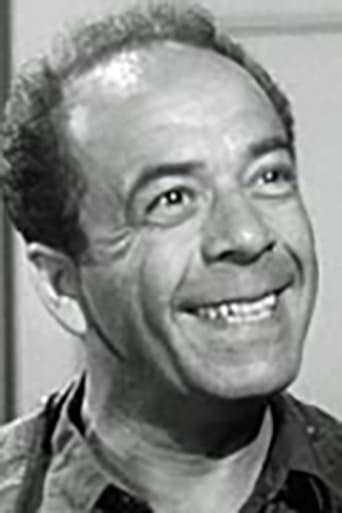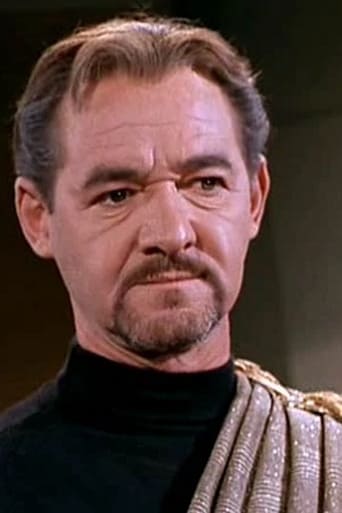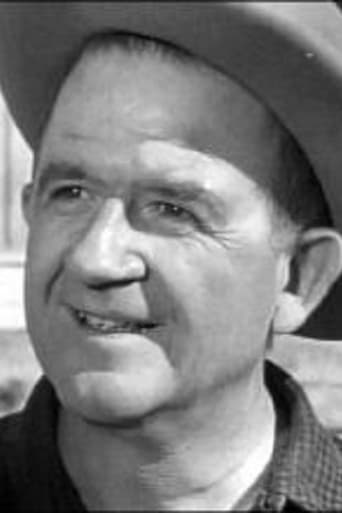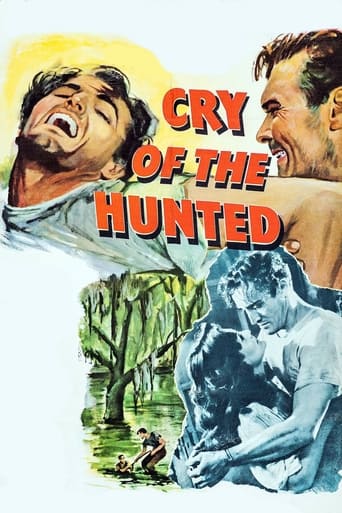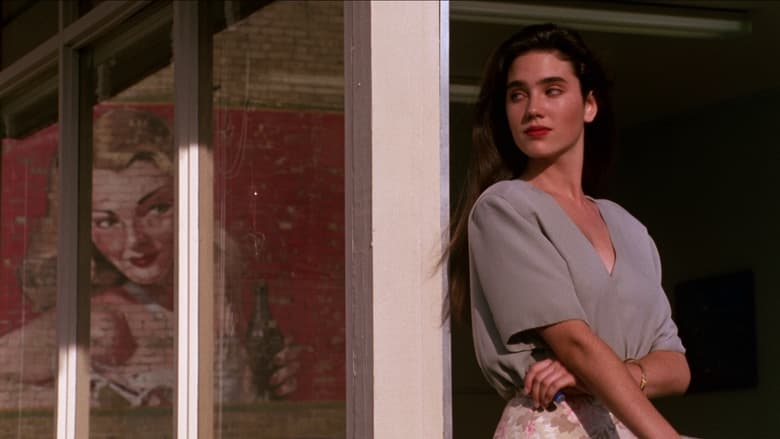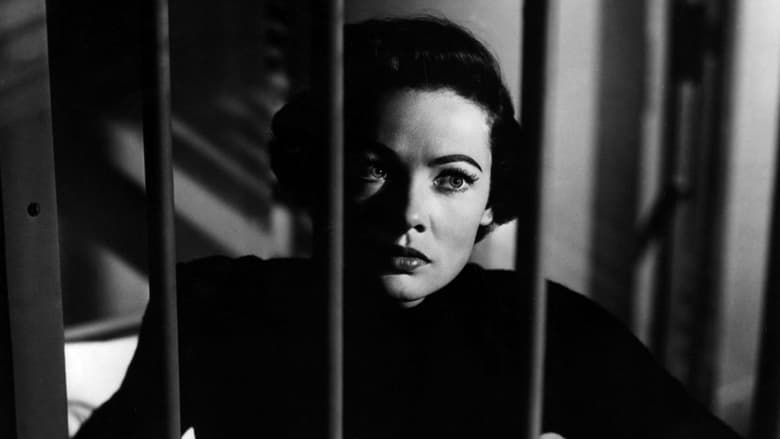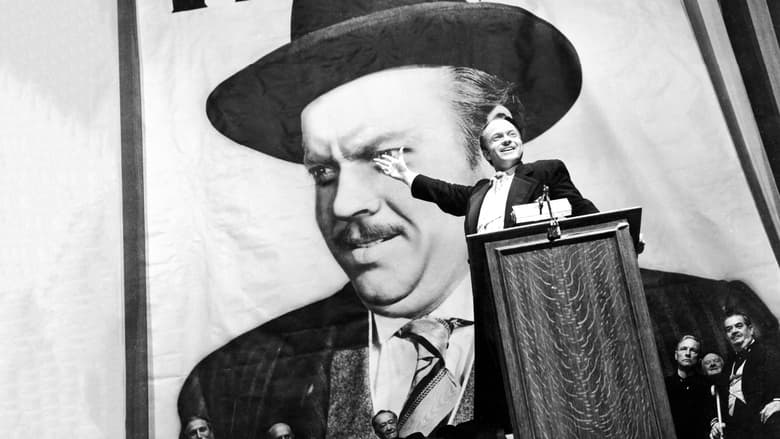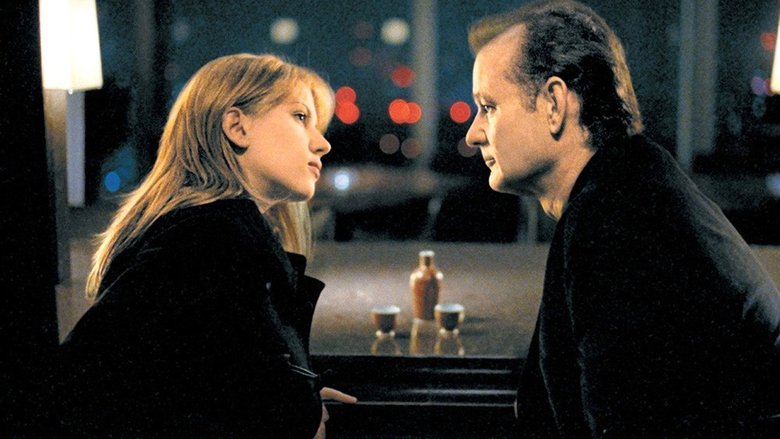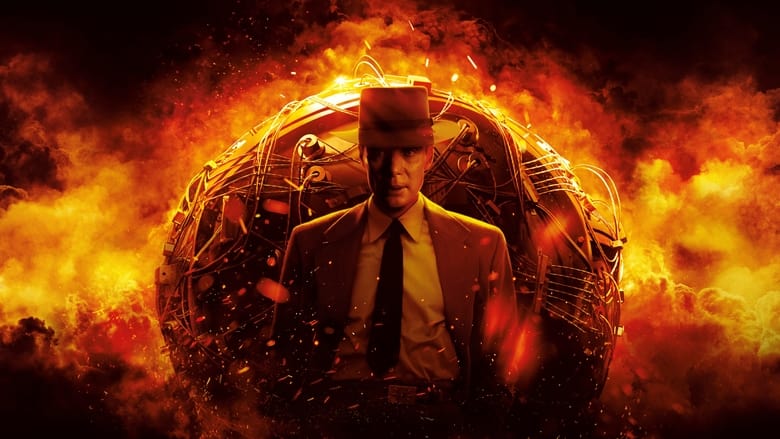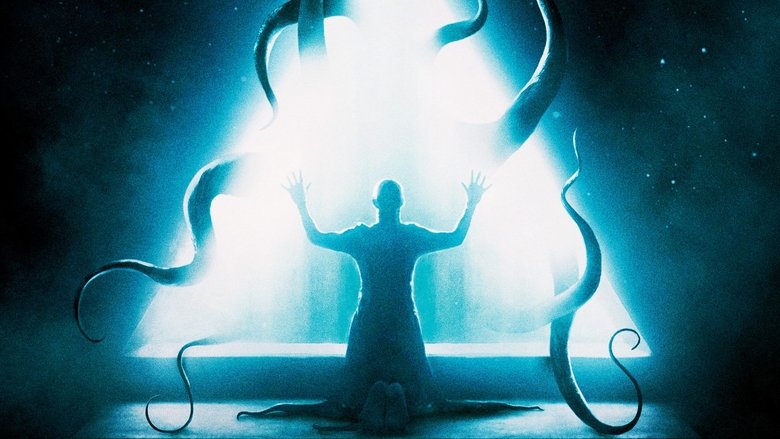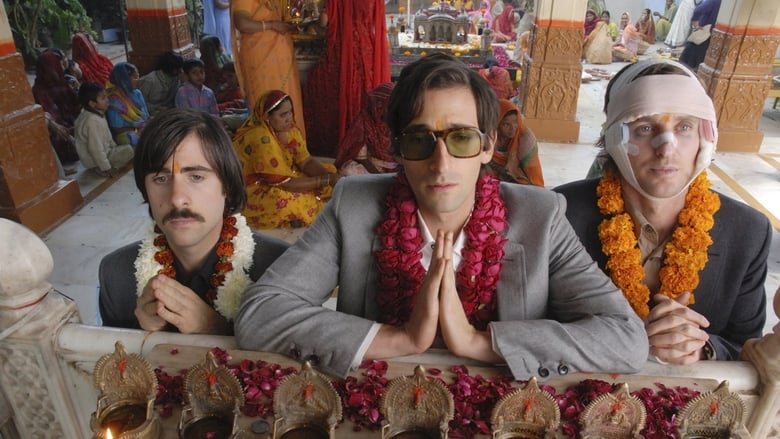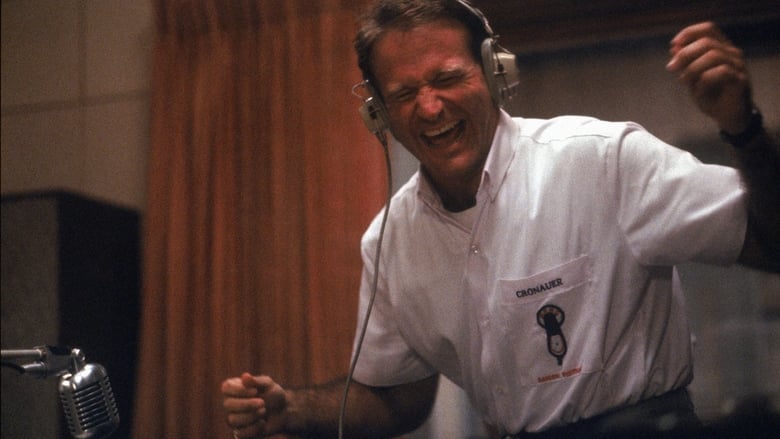Slick lawyer Thomas Farrell has made a career of defending mobsters in trials. It's not until he meets a lovely showgirl at a mob party that he realizes that there's more to life than winning trials. Farrell tries to quit the racket, but mob boss Rico Angelo threatens to hurt the showgirl if Farrell leaves him.


Similar titles
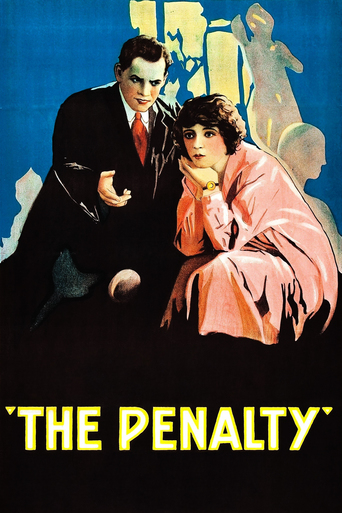
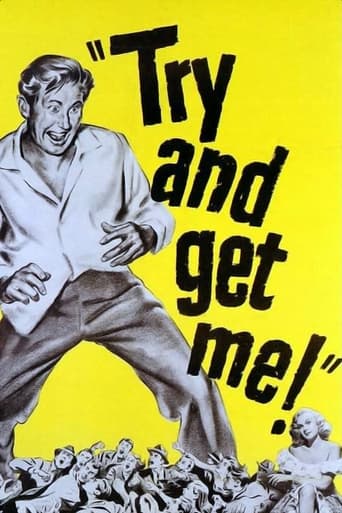
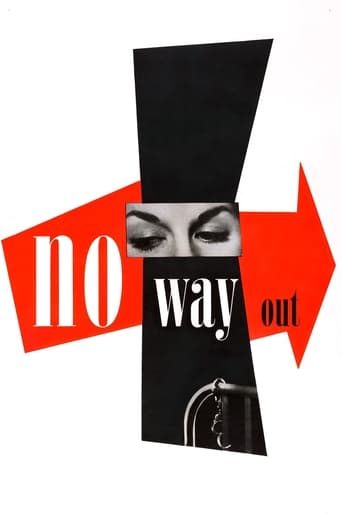
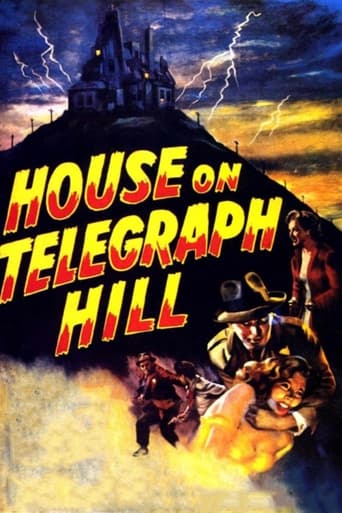
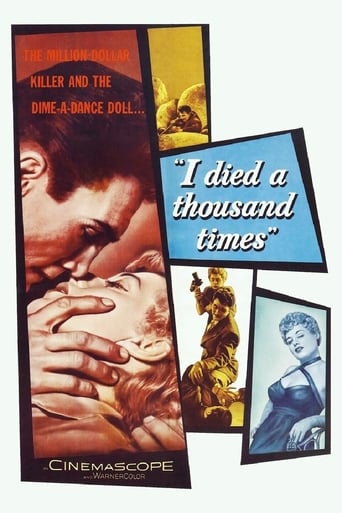
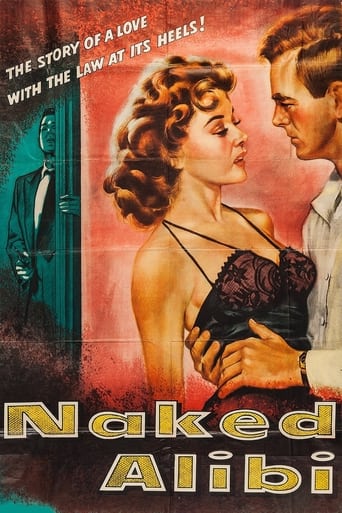
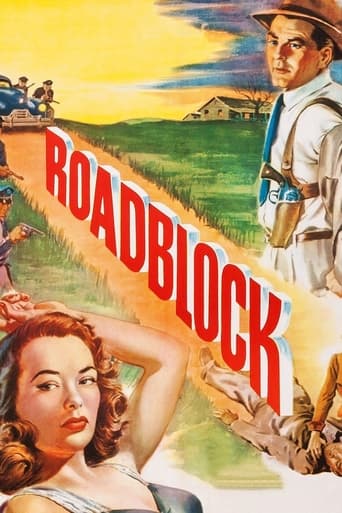
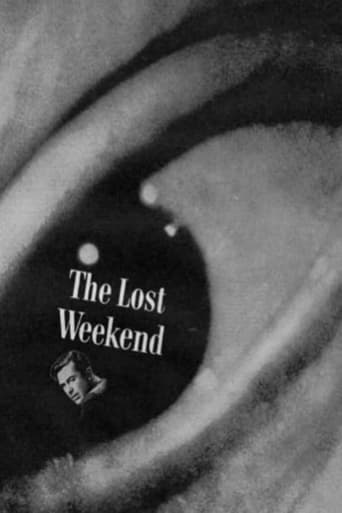
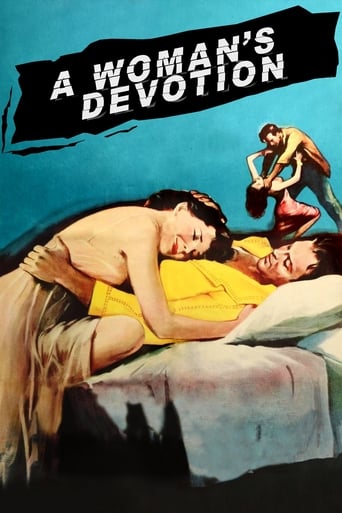
Reviews
Untypically, for a gangster movie, the main focus of attention in "Party Girl" is on the unlikely love affair that develops between two very different people who work for a notorious gangster in 1930s Chicago. Both lovers are cynical and bruised by their pasts but together find the courage and determination they need to try to extricate themselves from the firm grip that the gangster holds on them.Tommy Farrell (Robert Taylor) is the brilliant lawyer who works for gangster boss Rico Angelo (Lee J Cobb) and regularly displays his talents in court by getting Rico's thugs free of the charges brought against them. Vicki Gaye (Cyd Charisse) is a showgirl who works at Rico's nightclub and makes some extra money by being paid $100 for each of Rico's parties that she attends. At the end of one of these parties, Tommy takes her home where she discovers that her pregnant roommate has committed suicide because her married boyfriend has deserted her. Tommy helps Vicki through the difficult time she has being interviewed by the police following her friend's autopsy and they then start to see each other regularly.The experiences of being crippled in a childhood accident and then suffering the breakdown of his marriage to a woman who became repulsed by his disability made Tommy very bitter and his growing contempt for his employer had only made his disposition worse. A bad experience when she was a 15-year-old had left Vicki with a jaundiced view of men and led to her keeping them at arm's length ever since. The happiness they find together brings some unexpected warmth into their lives and Vicki's loyal to Tommy during the extended period that he takes off to have surgery on his crippled leg. After Tommy makes a successful recovery the couple reunite.When he returns to work in Chicago, Rico wants Tommy to represent an associate of his called Cookie La Motte (Corey Allen) but Tommy initially refuses because his potential client is known to be an extremely violent psychopath. Rico then leaves Tommy with no choice in the matter when he threatens to disfigure Vicki with acid unless Tommy does what he wants. A little later, La Motte jumps bail and Tommy and Vicki get arrested when the state prosecutor takes action against everyone associated with Rico. Pressure is then put on Tommy to disclose everything he knows about Rico's organisation and the decisions he subsequently takes, put his and Vicki's lives in danger before the action that follows eventually leads to the movie's violent conclusion.Robert Taylor and Cyd Charisse are both very convincing in their roles and skilfully make the changes that their characters go through seem perfectly natural. Lee J Cobb is also very powerful in his larger-than-life portrayal of Rico Angelo.In "Party Girl", it's not only the focus of the story that's unusual for a gangster movie as it also features a couple of impressive dance numbers and certain passages in which the whole style of presentation is far more typical of the legendary musicals for which MGM is so well known. Fortunately, these seemingly incongruous elements don't ultimately detract from what is essentially , a very compelling crime drama.
I wasn't surprised to read that director Nicholas Ray was allowed little creative control of "Party Girl." His sensibilities peek through here and there, but it's more of an MGM film than Nicholas Ray's. The movie is set in the 1930s, but it looks like the 1950s. It's been called a film noir, but it looks like a musical—a musical with no music, though leading lady Cyd Charisse (the titular party girl Vicki) gets a couple dance numbers. A large portion of the movie bogs down on Charisse's relationship with a reluctant mob lawyer (Robert Taylor), at which point "Party Girl" turns into a romantic melodrama. Then in the final act it once again becomes a crime film."Party Girl" is fairly gripping when it focuses on its seedier elements — some of the violence is startlingly bloody for its day — but it's hampered by the tonal shifts. The script, as other reviewers have pointed out, has more than a few ludicrous moments, like a "miracle" surgery and some unrealistic beliefs about how the justice system operates. The acting is fairly solid, especially by Taylor and Lee J. Cobb, as mob boss Rico Angelo. John Ireland and Corey Allen also make strong impressions in their roles as sleazy, hot-tempered hoods. For me, the weakest performance is from Charisse. She's beautiful and she's got the legs, but I found her performance a little stilted (according to a review by critic Glenn Erickson, Charisse resisted being directed by Ray). I kept thinking if you dropped the dancing, Ida Lupino or Ray's ex Gloria Grahame would've been more interesting choices for the role of Vicki (though understandably there are reasons why Grahame would never be hired). All and all, "Party Girl" is notable for some effective scenes and performances, but it's one of Nicholas Ray's lesser films.
It's interesting that Robert Taylor's last film under his long MGM contract ended so well with this tough little movie. While "Party Girl" is filmed in color and lacks the gritty dark look and unusual film angles of film noir, it is a nice near-noir film. Taylor plays an attorney with no soul. He has spent his career working for the mob and doesn't mind working for scum--as it pays very well! However, when Taylor meets a dancing girl who turns out to be quite decent (Cyd Charisse), his amoral attitude is shaken and he wants to leave his lucrative practice and do something decent with his life. What makes this film is the excellent supporting cast working with Taylor (who, by the way, is quite good here). Lee J. Cobb is wonderful as the Al Capone-like mob boss and his henchmen (John Ireland, David Opatashu and Corey Allen) are all exceptional actors. Together, combined with a wonderful script and exceptional direction, it makes for a very good film indeed. Tough, cynical and a quality production throughout, this is a great swansong to his MGM career. The only deficits are the dancing numbers by Charisse and a mistake in the final scene where acid pours on Cobb's face but he's not the least bit burned. The dancing just wasn't necessary and tended to disrupt the dark tone of the film. By the way, if you like this film, try also watching John Garfield in "Force of Evil". Its plot is very similar and is also an exceptional film.
''Party Girl'', Ray's final film for a major Hollywood studio(after this he worked with independent producers) is a highly baroque work. Screechingly mannerist in places, occasional head-first dives into camp but also remarkable instances of poetry and subtlety and a highly charged social portrait. It is a very discordant work which is to say that it deliberately skewers audiences expectations of a genre film by working as a genre film but stylized in a manner that the clichés and conventions look highly abstract, not unlike a film by Douglas Sirk.''Party Girl'' is shot in CinemaScope and Metrocolor, is produced by Joe Pasternak who was in charge of the second-tier MGM unit. The Leonine studio had by the mid-50's devolved into an organization of penny-pinchers and according to Ray, the only reason this film got made was because it's backers wanted to get rid of it's two stars...Cyd Charisse and Robert Taylor so as to exhaust their run of contracted films as quickly as possible. This explains the fact that more than ''Johnny Guitar''(with it's superlative cast of actors), ''Party Girl'' is the closest Ray came to make a B-Film. The storyline is a standard-issue crime drama and it is by a safe distance the most generic of Ray's major films.That it's still a major film is for me little doubt. Though lacking the strength of his early crime films and his 50's melodramas, ''Party Girl'' is still a deeply compelling film about the universality of compromises in society. The title ''Party Girl'' is essentially a slang for prostitute or for being under someone else's thumb. It refers to Cyd Charisse's character Vicki Gaye, a showgirl who works part-time as escort to various underworld types alongside other gals who work at the ''Rooster Folliers''(no joke). But it also includes mob lawyer Tommy Farrel(Robert Taylor) and applies to everyone else.Ray's distaste for plot apparent in all his films is full in abundance here as the generic outline of this story of crooked lawyer turned straight through the power of love takes on several asides. Like the one-scene appearance of a fellow showgirl who's waiting for her man and whose depression, Vicki stifles as a result of habit and accord over the years. The scene where she walks into her roommate's bathroom and finds her swimming literally in a pool of her own blood in a bath-tub is one of Ray's most embedded images even if(in accord with then censorship) the image lasts only a few micro-seconds before a quick fade-away. Much of the secondary section of the film centers on Tommy's relationship with Rico Angelo(Lee J. Cobb in a towering performance) and there's very little plot driving their very powerful scenes. Tension arises from flaming egos by a mob underling played by John Ireland over Tommy's relationship with Vicki.The film's sense of decor and colour is what we'd call now Fassbinderesque. It's pictorially fascinating and the colours are very eye-catching but the underlying design behind it is a sense of decadence of vulgarity. This reflects perhaps that the underlying subtext of this film is less about gangsters than about Hollywood. With Lee J. Cobb's mix of charisma(like Vito Corleone in ''The Godfather'') and crass vulgarity(like Joe Pesci in his films with Scorsese) stand-in for many studio heads of that period and the two musical interludes(numbers is the wrong word for it) by Cyd Charisse while visually striking is poorly choreographed and seems like a parody of the dying MGM Musicals.''Party Girl'' is a reflection ultimately of what are the results when a great artist and a few good actors are working with conventional plots can achieve. It's a work that's of it's own kind. Not a gangster film entirely, mostly a Film Noir though in colours, visually creative but mostly functional. The decor of the film makes it's genre trappings apparent and obvious revealing and critiquing it's functions yet the scenes between Taylor and Charisse are very much played straight conveying genuine compassion between two characters who have long lost their innocence and are merely doing their best to survive and find a semblance of happiness, a happiness that's threatened not only by the mob but also by the cops who want to use them to catch the bad guys(which has much benefits for their own political careers).What may put off most fans of Nicholas Ray is the graphic violence of the film which is quite unexpected and strong for a film of the 50's. Plenty of bloodletting is on display on this film...of course Ray would say "that's not blood...that's red."
